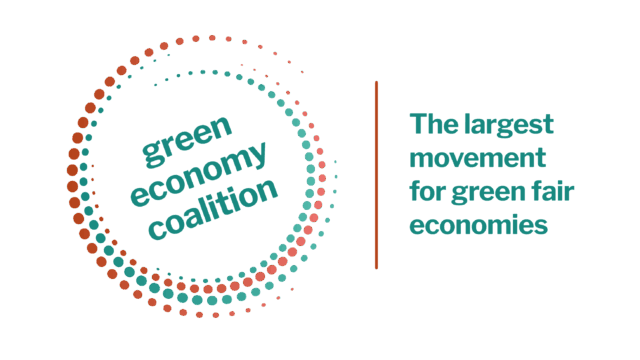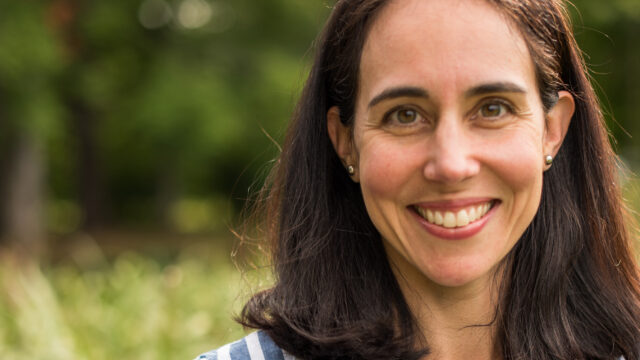
Over a week has now passed since the end of the Rio+20 negotiations. What did Rio+20 achieve? What next for the green economy agenda?
To answer that question, it is useful to wind back the clock to 2009 when the seeds of green economy were first sown. The full force of the financial crisis was being felt the world over – 27 million people lost their jobs and 80% of the world population had recorded a rise in inequality (over the previous two decades). Despite the scale of the ecological crisis, the UN climate-change negotiations’ failure to make any meaningful progress on mitigation targets sent a blow to the core of multilateralism. Out of a toxic environment a new vision emerged – one of greener, fairer and more inclusive economies.
After three years of debate and negotiation, Rio+20 has proved that international cooperation is possible. The final text is lacking in many ways (see our Coalition member - ITUC's - reactions) but there are also things to celebrate. Sustainable Development Goals will now happen; the UN Statistical Commission will launch a programme of work on alternative metrics to GDP; governments have committed to promoting sustainable modern energy services for all through national and subnational efforts; they have reaffirmed their commitment to eliminate subsidies that contribute to illegal, unreported and unregulated fishing and to phase out subsides that support inefficient fossil fuels. They have stressed the need for more coherent and integrated planning and decision-making that involve all relevant stakeholders.
Outside the formal UN process, the landscape is changing even more quickly. The Global Green Growth Institute has emerged as a potentially very influential actor on the international stage; the OECD, the World Bank and the ILO have produced significant publications on the opportunities around the transition to a green economy, thereby signifying their direction of travel for the coming years. The Green Growth Knowledge Platform is up and running; and the WAVES project for natural resource accounting is now gathering pace. According to the World Bank, 24 countries are already using natural capital in their national accounting; and a further 50 countries, from Botswana to Bulgaria and from Philippines to Poland, and 86 private companies including Wal-mart, Nestle and Anglo American, have committed to accounting for their use of natural capital. Despite the economic turmoil, last year total investment in renewables, excluding large hydro. increased 17% to a record $257 billion.
The green economy landscape is changing quickly. The need for collaboration within and between countries, and between stakeholders and governments, has never been more pressing.
In the next six months the Green Economy Coalition is focused on the following goals; 1. We are working to document and share national level progress and green economy progress by expanding our online presence; 2. Building on our achievements at Rio, we are now pursuing specific lines of green economy enquiry, namely through the high-level group on the Measure What Matters theme, on reform of banking systems, and our work on implementing the principles of a green economy. 3.We will define what structure and membership of our coalition best meets the post Rio green economy needs.
The Coalition will be hosting its annual meeting, on 9th and 10th October at the UNEP offices in Geneva to map out its next steps. To attend the meeting please contact the Secretariat.
The roots for change have been planted. The saplings have survived some demanding conditions. We now look forward to nurturing them until they bear fruit. We invite you to join us.
Oliver Greenfield


